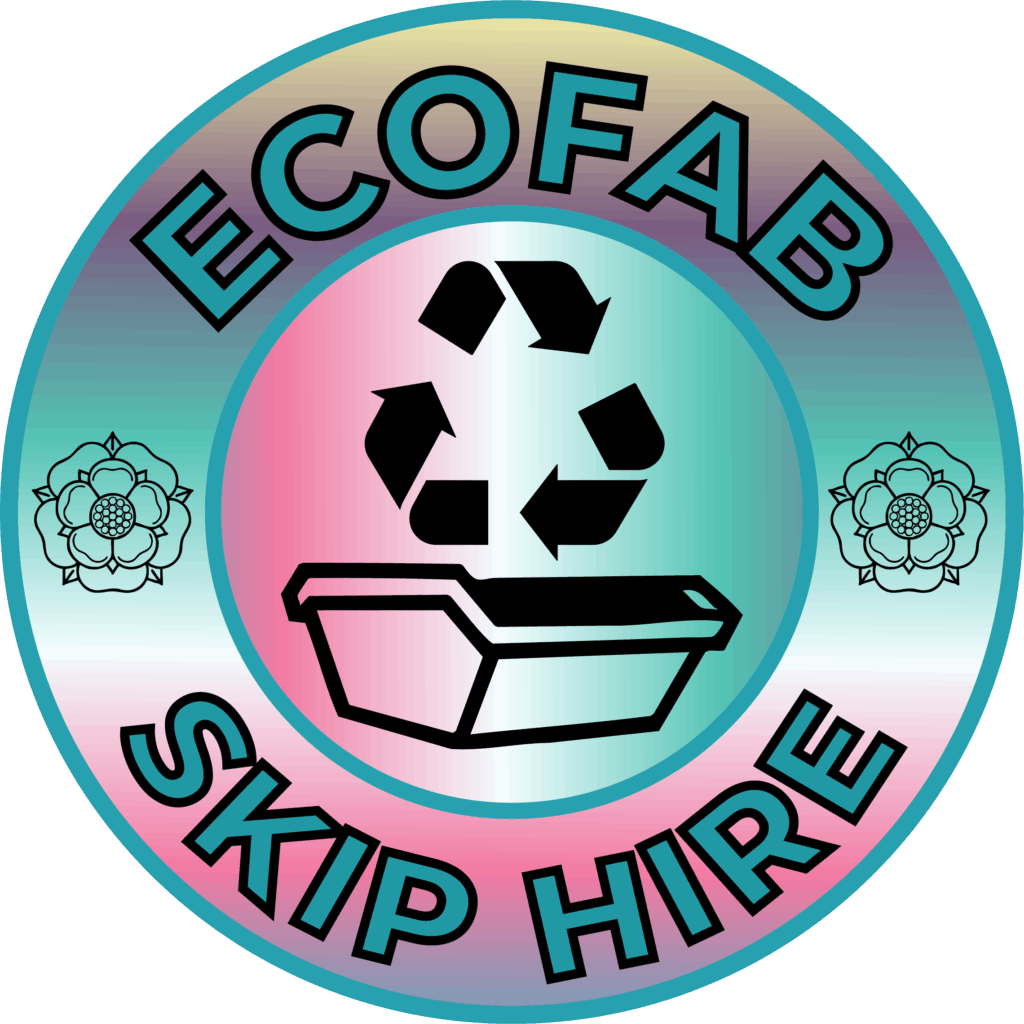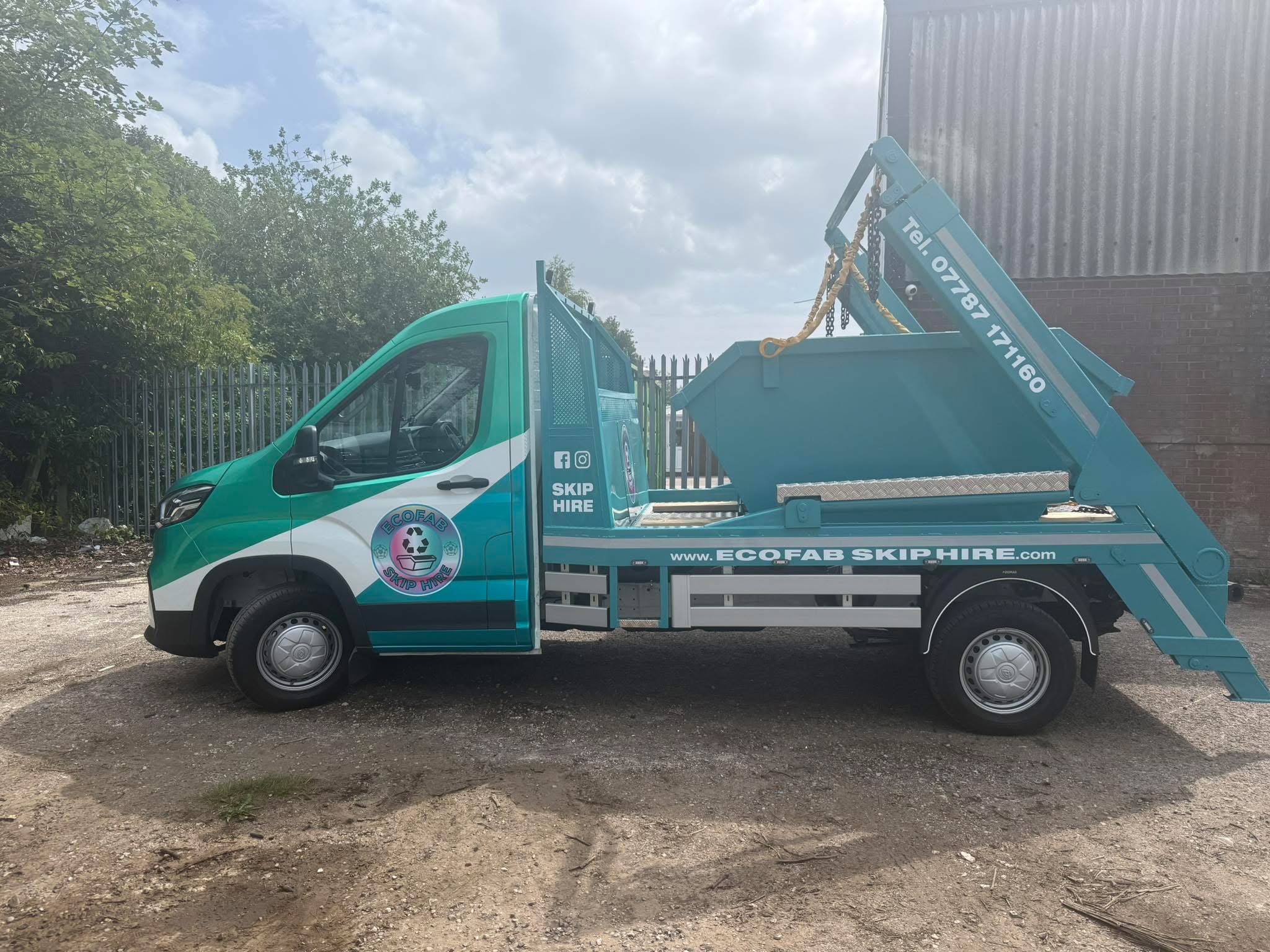When managing large-scale construction, renovation, or commercial clean-up projects, hiring a skip can be one of the most efficient ways to handle waste. However, one of the most common questions businesses ask is: how long can a commercial skip be hired for? The answer depends on several factors, including the nature of the project, local regulations, and the policies of the skip hire provider. Understanding these variables can help ensure your project runs smoothly and stays compliant with waste management rules.
What are the standard commercial skip hire durations?
In most cases, a commercial skip can be hired for anywhere between one and four weeks. This standard hire period provides businesses with enough time to manage waste collection in line with the pace of their project. However, flexibility is key: skip hire companies often allow extensions or short-term hires to suit different needs.
For example:
- Short-term hire (1–7 days): Common for small-scale refurbishments, quick clear-outs, or temporary works.
- Standard hire (2–4 weeks): Ideal for construction, demolition, or shop refits where waste accumulates steadily.
- Long-term hire (over 4 weeks): Sometimes arranged for ongoing commercial or industrial operations, subject to agreement with the hire provider.
While these are general guidelines, the actual duration should always be confirmed with your chosen supplier, as terms can vary significantly between companies.
Factors that influence skip hire duration
The length of time you can keep a commercial skip depends on several practical and regulatory factors, including:
- Project scope and timeline: A short interior refurbishment might only require a skip for a few days, whereas a large construction site could need waste removal facilities for several months. Communicating your project schedule to your skip hire provider allows them to recommend a hire period that matches your needs.
- Permit requirements: If your skip will be placed on public land or a roadside, a permit is usually required from the local council. These permits are typically valid for one to two weeks, although some councils allow longer durations upon renewal. In contrast, skips placed on private property generally do not require a permit, meaning you can keep them for as long as your hire agreement allows.
- Type of waste: Different types of waste, such as general building waste, inert materials, or hazardous items, may influence how long you can retain the skip. For example, skips designated for specific waste streams (like plasterboard or asbestos) often have stricter collection schedules due to environmental regulations.
- Company policy: Every skip hire company sets its own terms and conditions for hire duration. Here at EcoFAB Skip Hire, we offer flexible arrangements or rolling contracts for long-term commercial clients, tailored to suit your specific requirements.
- Collection scheduling: Most suppliers arrange collection at the end of the agreed hire period. However, if your project finishes early, you can usually request collection ahead of schedule. Conversely, if work takes longer than anticipated, an extension can typically be arranged for a modest additional cost.
What happens if you need to extend your commercial skip hire?
If your project overruns and you need to keep the skip beyond the original hire period, it’s generally straightforward to extend the hire. You should contact the provider as early as possible to avoid additional fees or scheduling conflicts. Some companies charge a daily or weekly extension rate, while others may simply roll the hire into the next billing cycle.
Keep in mind that if your skip is located on public land, you may also need to renew your council permit. Failing to do so could result in fines or the skip being removed before your project is complete.
Long-term or contract skip hire options
For businesses that generate waste on an ongoing basis, such as construction firms, factories, or retail parks, long-term skip hire or waste management contracts can be more practical. In these cases, skips are often exchanged or “swapped” regularly rather than left in place for months at a time.
- A long-term contract typically includes:
- Scheduled collections or exchanges
- Compliance with waste transfer regulations
- Documentation and reporting for environmental audits
- Options for mixed or segregated waste streams
These arrangements are designed to ensure continuous waste removal without the need to renegotiate hire terms every few weeks.
So, how long can a commercial skip be hired for?
In most cases, between one and four weeks, but with flexibility to extend or adjust depending on your project’s requirements. The exact hire period will depend on your skip hire provider, the nature of your work, and local permit conditions.
Here at EcoFAB, we are the number one choice for commercial skip hire in Chorley and the North West, and we offer a wide range of options to suit any business in any sector. Get in touch today to find out more.




